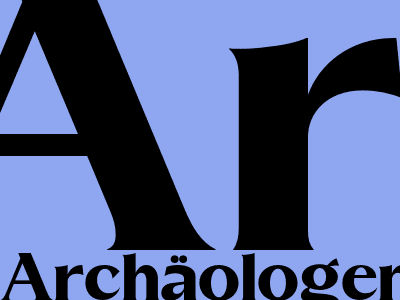
Archäologists Uncover 4,000-Year-Old Bones in the Uckermark Region
A Groundbreaking Discovery in Germany's Archaeological Landscape
In a groundbreaking discovery, archaeologists in the Uckermark region of Germany have unearthed a set of 4,000-year-old human bones, shedding new light on the region's ancient past. The discovery, made during an excavation in the municipality of Prenzlau, has sent ripples of excitement through the archaeological community.
Bones Offer Clues to Prehistoric Society
The bones, which are believed to belong to a young woman, have been meticulously examined by experts. Radiocarbon dating has revealed that the remains date back to the Bronze Age, a period characterized by significant technological and societal advancements in Europe.
The bones, which have been preserved in good condition, provide valuable insights into the physical characteristics and health of the region's inhabitants during that era. Researchers are hopeful that further analysis will reveal additional information about the woman's diet, lifestyle, and potential ailments.
Buried with Care: Clues to Ritual Practices
Alongside the bones, archaeologists also discovered a collection of grave goods, including a necklace made of amber beads and a small ceramic vessel. These artifacts suggest that the woman was buried with great care and respect, hinting at the existence of complex burial rituals and beliefs.
The discovery of the bones and grave goods has opened up new avenues for research into the social and cultural practices of the Bronze Age inhabitants of the Uckermark region. Archaeologists believe that further excavations and analysis will provide even more compelling insights into this fascinating period of human history.